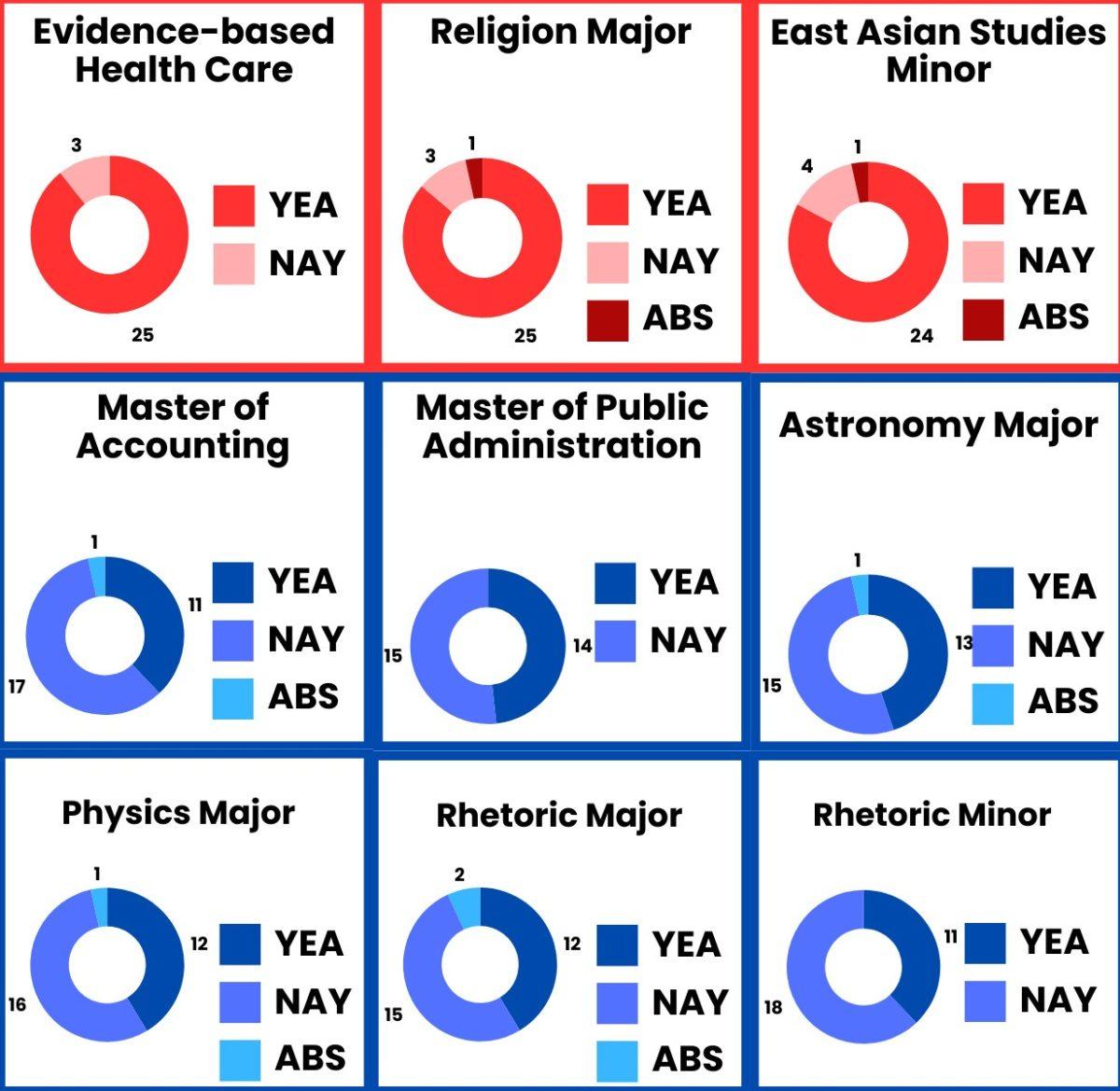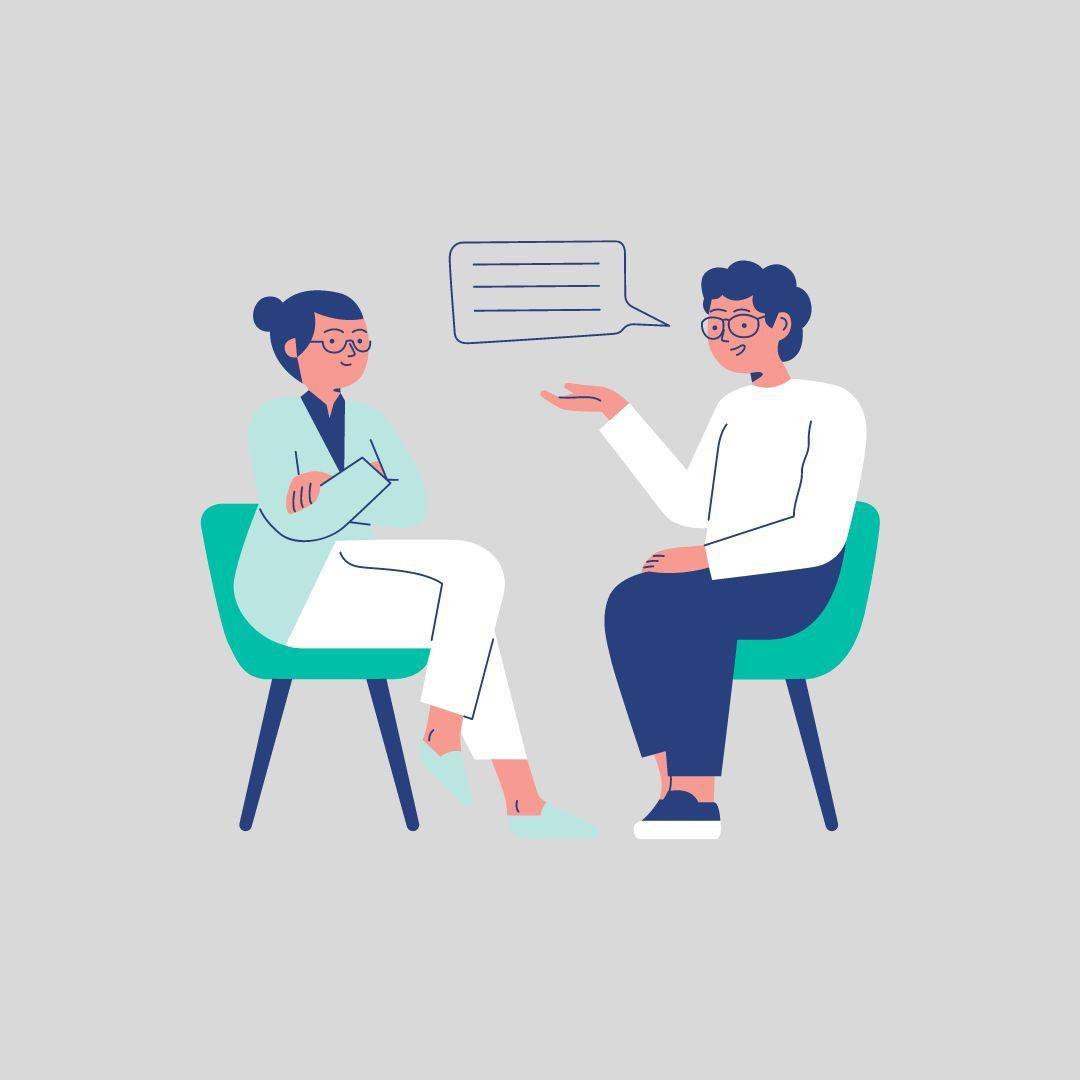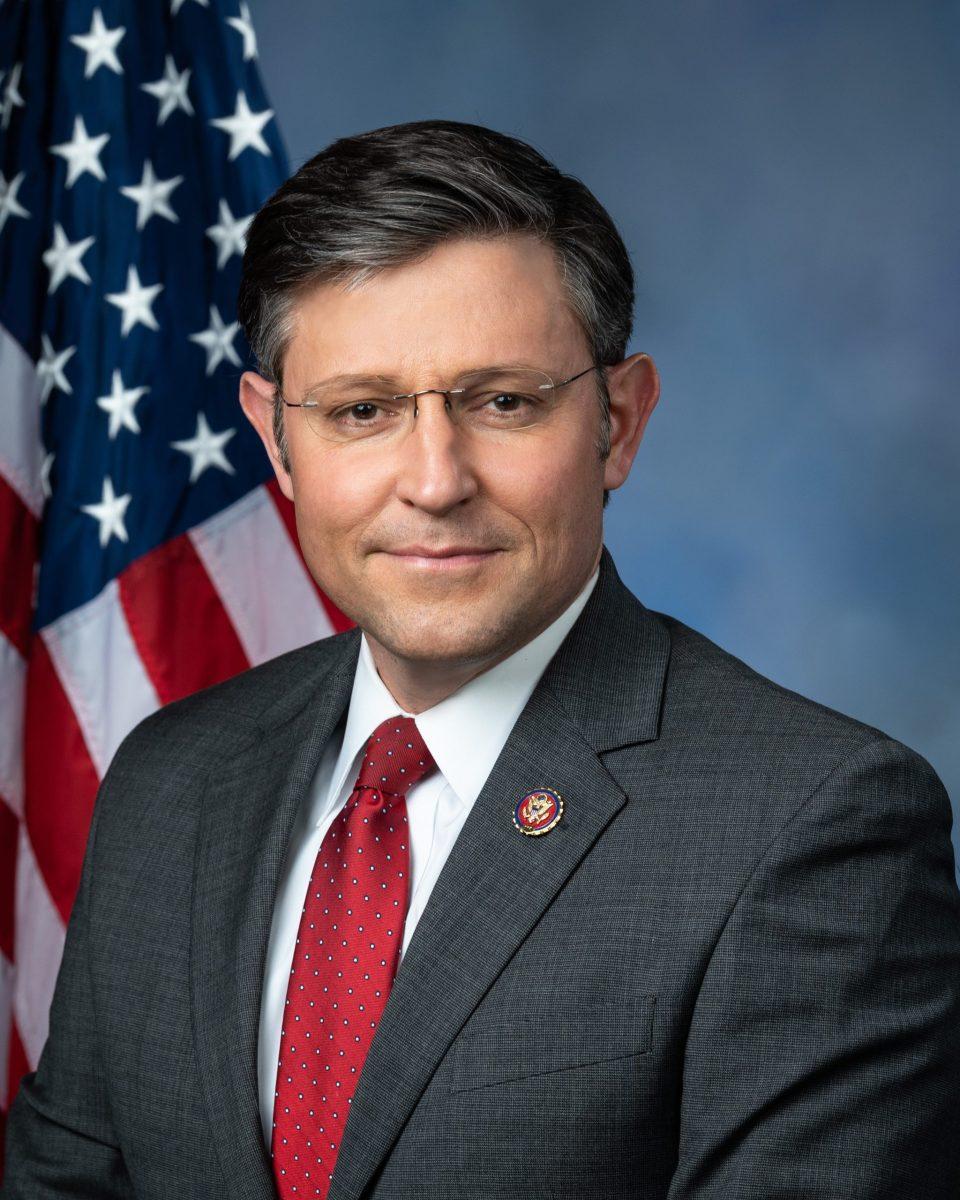Photo by Ashton Weis, assistant relays editor
Note: The views and opinions expressed in this article do not reflect those of The Times-Delphic.
The Drake University chapter of U.G.A.N.D.A. Youth, which stands for Unified Group Against Neglected and Displaced African Youth, began after students viewed a documentary that struck their hearts. The documentary was called “Invisible Children.”
In 2007, three young men who were captivated by the conflicts in Uganda created the documentary. They recorded the lives of the children trying to escape servitude in the Lord’s Resistance Army. The students at Drake were so viscerally affected that they could not be idle about the issue.
“The purpose of the organization is education,” sophomore member Ashley Ester said. “All of the money that is made through fundraising and events is sent back to Uganda to build schools for the children.”
U.G.A.N.D.A Youth put on an event called “A Concert for Hope” to raise awareness on the Drake campus. There were local bands and raffles and all of the proceeds were sent straight to Uganda to help build a better education in the African country. In 2011, students spread awareness of the conflict in Uganda by being silent for 25 hours. The number 25 is significant because the war in Uganda has lasted 25 years.
“To raise money, we sell T-shirts and wire bracelets. We also fundraise by asking people if they would like to donate money for the children in Uganda,” Ester said. “With all of the fundraising and the selling of merchandise, we are able to get students more aware with what is happening in Uganda.”
U.G.A.N.D.A. Youth is still hoping to get more people involved.
“We don’t have that many members in the group,” Ester said. “We are still a fairly young group.”
There are over 70,000 prostitutes, mostly children, in the Ethiopian city of Addis Ababa. The children are prostituted and known as “child slaves.” Autumn Rupkey, a Drake University alumna, is fighting to end this disturbing statistic.
Rupkey took a trip to Ethiopia to work with an organization called WinSouls, an Ethiopian nonprofit. While on the trip, she formed relationships with children who are forced into sex slavery.
“It honestly was one of the most impacting moments of my life,” Rupkey explained. “I wanted to do something for the girls. They were constantly selling homemade scarves on the street, and I thought it would be a good idea to sell them here and send the proceeds back.”
The foundation Beza Threads was created to rescue the girls in Ethiopia. In 2009, an event was held on Drake’s campus that sold around 75 scarves in an hour and a half. Now back on campus this spring, Beza Threads sold these eye-catching scarves again for just $20.
“Just as in 2009, all of the profits will be sent straight to the girls who handmade the scarves in Ethiopia,” Rupkey said.
Rupkey said that she does a lot with the marketing, graphic design and website. She also produces all of the handouts the group uses in presentations, and she helps sell the scarves.
Megan Carter, another Drake alumna, also helped sell scarves on campus this spring.
“The most tangible way for students to get involved is by buying the scarves and spreading awareness by simply talking about the issue of sex slavery,” Carter said.
Beza Threads’ current goal is coined Project Ten. The organization’s target is to sell 3,000 scarves, which will save 10 girls from the horrendous reality of the streets in Ethiopia.
Those who did not get a chance to purchase a scarf while Beza Threads was on campus can visit bezathreads.org to be a part of the project.






